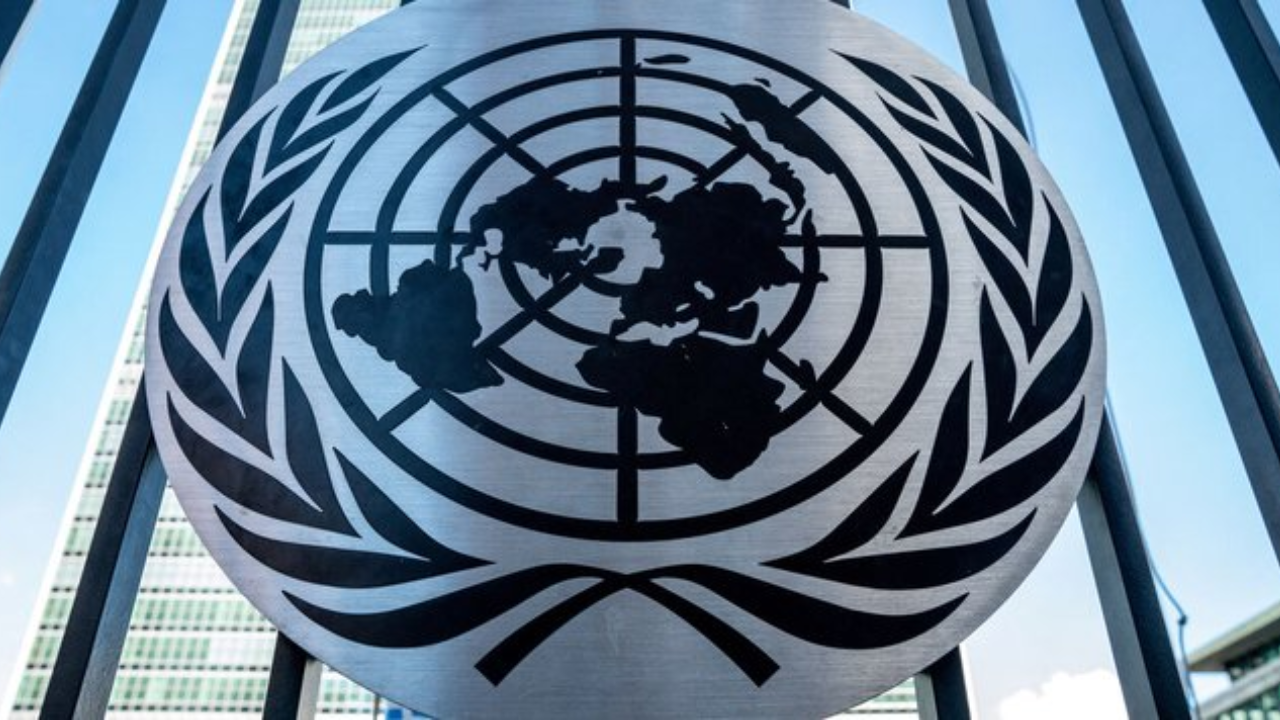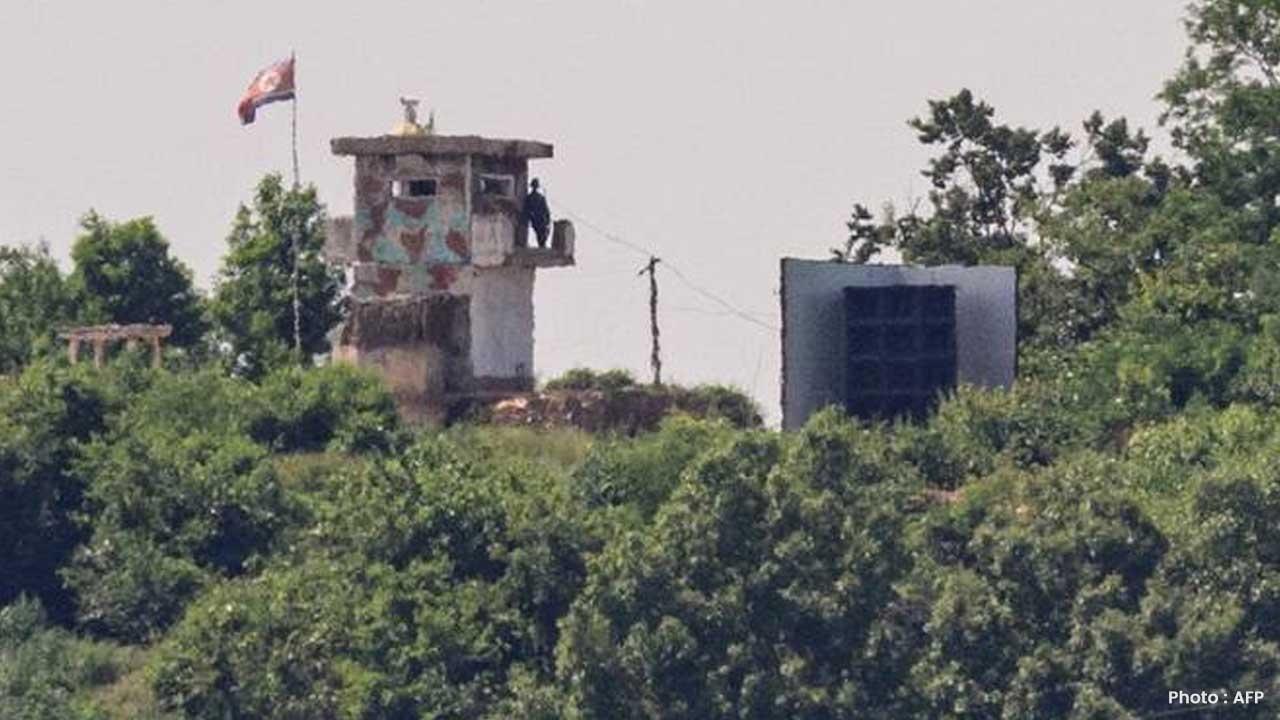
Post by : Naveen Mittal
The United Nations has officially moved its Resident Coordinator’s office from the Houthi-held capital Sanaa to the southern city of Aden. Aden is under the control of the internationally recognized government of Yemen, supported by Saudi Arabia. The move was made after repeated attacks, raids, and detentions of humanitarian staff by the Houthi militia.
The UN said that even though the office is shifting to Aden, the Resident Coordinator will continue to travel across the country, including to Sanaa, whenever possible. This way, the organization can maintain communication with all parties involved and continue delivering humanitarian support.
The Aden-based Yemeni government welcomed the UN’s decision. It urged other UN agencies and international organizations to follow the same step and move their operations to Aden for better safety.
The government strongly condemned the detention of dozens of humanitarian workers by the Houthis. It also demanded their immediate and unconditional release. The government called the actions of the Houthis “unjustified and unlawful” and said they were harming the people of Yemen by preventing life-saving aid from reaching civilians in need.
Tensions increased after August 31, when Houthi forces raided a UN office in Sanaa. During this raid, they detained UN staff members. The Houthis accused international staff of engaging in “espionage” and claimed that diplomatic immunity should not protect such activities.
Before this incident, the Houthis were already holding 23 UN employees, some since 2021. Reports also revealed that one UN staff member died in Houthi custody earlier this year in February. This has raised serious concerns among aid organizations about the safety of humanitarian workers in areas controlled by the Houthis.
Yemen has been in conflict for almost a decade. In late 2014, the Iran-backed Houthi rebels took over Sanaa, the capital of Yemen, ousting the internationally recognized government. Since then, the country has been split into two main areas of control:
Houthi administration in Sanaa, supported by Iran.
Government in Aden, backed by Saudi Arabia and an international coalition.
This long conflict has caused one of the world’s worst humanitarian crises. Millions of Yemenis face hunger, lack of medical care, and unsafe living conditions.
The United Nations World Food Programme (WFP) strongly criticized the Houthis’ actions. In a statement, the WFP said: “The arbitrary detention of WFP and United Nations staff members, forced entry into UN offices, destruction and seizure of property, and coerced actions against national staff are unacceptable and have severely compromised the ability of WFP and other UN and humanitarian organizations to reach vulnerable communities in northern Yemen.”
The WFP stressed that the safety of aid workers must be guaranteed. Without this, delivering food and essential aid to the millions of Yemenis in need becomes impossible.
Every escalation in the conflict directly impacts ordinary people. Families in northern Yemen already struggle with hunger, lack of clean water, and limited healthcare. When aid staff are detained or offices are raided, food deliveries and medical aid are delayed.
Children in particular are suffering the most. Thousands of schools are either damaged, closed, or used for military purposes. Hospitals lack equipment, and medical staff face constant threats. The UN and its partner organizations have been trying to bridge this gap, but the worsening situation puts more lives at risk.
The Houthi-controlled foreign ministry argued that UN staff should not use legal immunity as protection if they are involved in what it calls “espionage activities.” However, international organizations have strongly rejected this claim, saying that aid workers are neutral and their only goal is to help people in need.
The detentions and raids are seen by many as an attempt by the Houthis to pressure international bodies and gain political advantage. But instead of helping their cause, such actions have increased international criticism.
The relocation of the UN office to Aden shows how unsafe Sanaa has become for international organizations. Diplomats and aid experts believe that unless the Houthis change their behavior, more agencies may follow the same path and shift their operations to Aden or other safer locations.
The UN has promised to keep supporting Yemeni civilians. The Resident Coordinator’s office in Aden will work closely with the government and international partners to continue aid programs. But questions remain about how effectively the UN can operate in Houthi-controlled areas without direct access.
The humanitarian crisis in Yemen cannot be solved without a political solution. Both sides of the conflict – the Houthis and the Yemeni government – need to prioritize the well-being of their people.
International pressure is growing for a peaceful resolution, but deep mistrust between the sides makes negotiations difficult. The recent detention of aid workers only adds more challenges to the fragile peace process.
The UN’s decision to move its main office from Sanaa to Aden is a clear sign of how dangerous the situation has become in Houthi-controlled areas. While the organization promises to continue its work across Yemen, the safety of humanitarian staff remains a top concern.
For millions of Yemenis, especially children, every day without aid means more hunger, more illness, and more suffering. The international community continues to call on the Houthis to release detained staff and allow aid to reach those who need it most.










Oscar Discharged from Hospital After Cardiac Scare
Former Chelsea star Oscar is out of the hospital following heart issues; Sao Paulo affirms his stabi

Tributes Pour in for Paige Greco, the 28-Year-Old Paralympic Star
Paige Greco, a gold medallist from the Tokyo 2020 Paralympics, tragically passed away at 28, leaving

Eagles Secure 16-9 Triumph Over Lions with Late First-Half Touchdown
The Philadelphia Eagles captured a 16-9 win against the Detroit Lions, thanks to Jalen Hurts' pivota

Baltimore Ravens Triumph with Andrews' Game-Sealing Touchdown
Mark Andrews' stunning 35-yard touchdown run in the fourth quarter propelled the Ravens past the Bro

Purdy’s Stellar Comeback Powers 49ers Past Cardinals
Brock Purdy shines in his return, guiding the 49ers to a decisive 41-22 win over the Cardinals with

Brendan Doggett Poised for Ashes Test Debut
Brendan Doggett's journey from carpenter to Test debutant is inspiring. He’s set to join Australia i